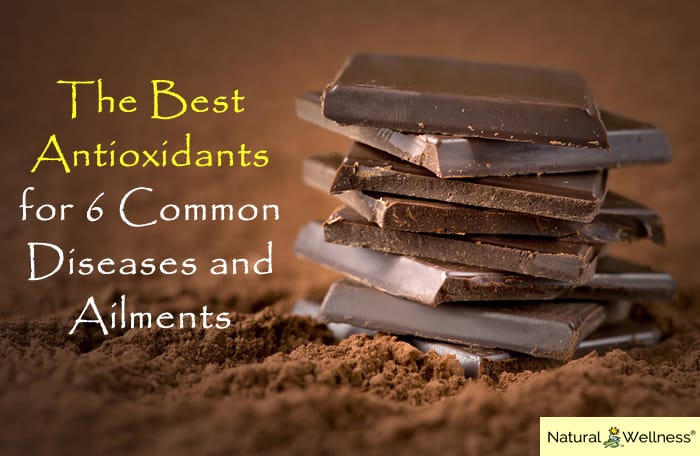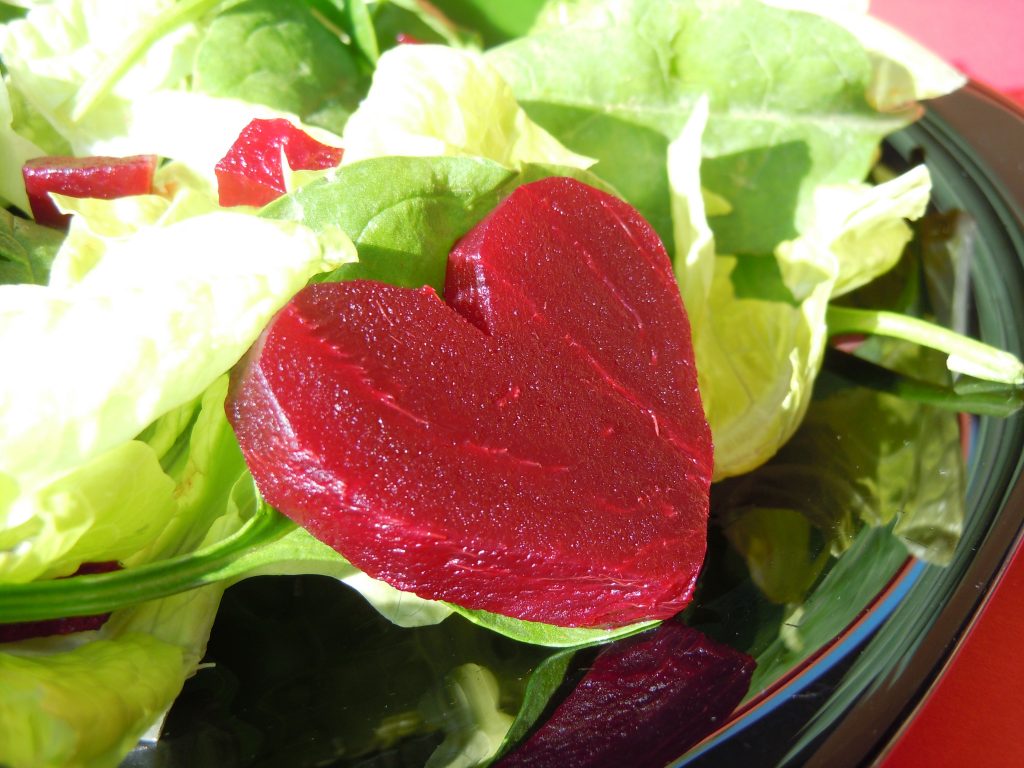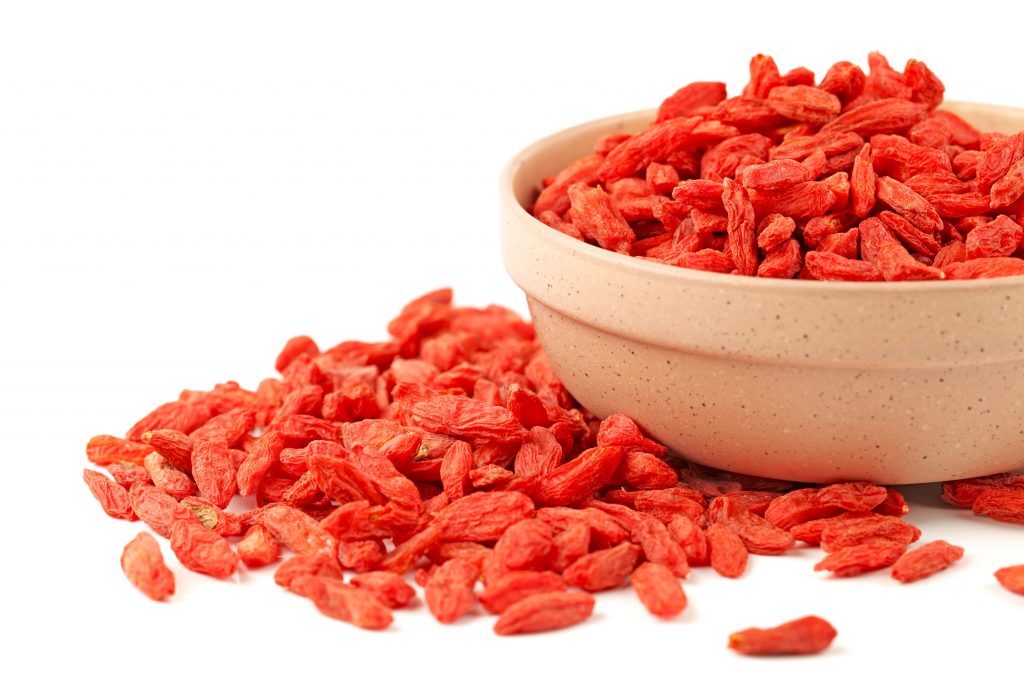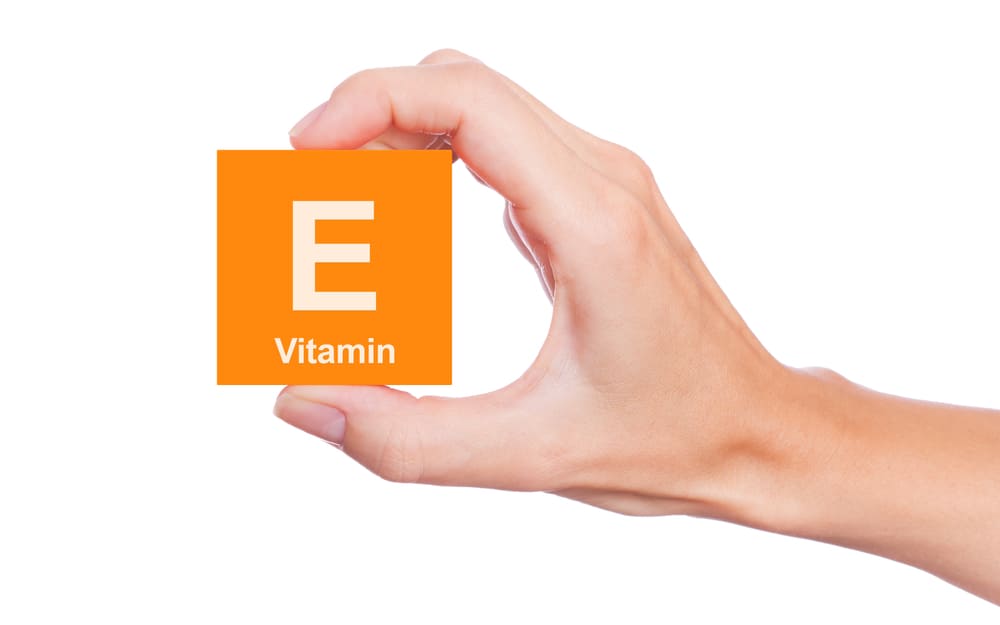

Navigating the world of antioxidants can be daunting. There’s a plethora of information and research out there, but it’s not always clear how this information relates to us and the health issues we face.
Free Radicals
What is an antioxidant and why is it important? In short, an antioxidant is a compound that prohibits oxidation, a process that produces free radicals in your body.
Free radicals are highly chemically reactive and, while some aid healthy body functions, like blood pressure regulation, they generally have a negative reputation. Free radical buildup is believed to play a central role in a wide variety of diseases and ailments.
Our bodies naturally produce both free radicals as well as the antioxidants to counteract their damaging effects, but free radicals commonly outnumber our naturally occurring antioxidants. Thus, they need to be supplemented.
In understanding and utilizing antioxidants in our daily lives, we can prevent and fight the 6 most common free radical pitfalls:
- Heart Disease
- Cancer
- Swelling and Inflammation
- Stress
- Skin Health and Aging
- Energy and Mental Longevity
1) Heart Disease

As the leading global cause of death, accounting for 17.3 million deaths per year, heart disease is something we all should be taking antioxidants to prevent. Excess free radical production close to the vascular wall is undoubtedly a contributing factor, and offsetting free radical production in the body with antioxidants is key.
According to the Cleveland Clinic, eating a diet rich in antioxidant-containing foods, such as fruits, vegetables and whole grains, is linked to a reduced risk of cardiovascular (heart and blood vessels) disease.
Get that fresh produce where and when you can, but for those struggling with access to fresh foods, using vitamins and supplements is a great way to absorb the antioxidants you need in order to combat cardiovascular disease.
While heart disease is number #1, the second largest cause of death in the United States can also be alleviated through the use of antioxidants.
2) Cancer
According to The American Cancer Society, this year there will be an estimated 1,735,350 new cancer cases diagnosed and 609,640 cancer deaths in the United States. When free radicals build up it causes oxidative stress, a known contributing factor in the development of chronic and degenerative illness such as cancer. That’s where vitamin E comes in.
Vitamin E is an antioxidant that protects our cells from damage, and taking a vitamin E supplement will do just that, help protect cell membranes from free radical damage. In addition, vitamin E can also help reduce inflammation in your body and reduce fatty accumulations in liver cells.
So, now that we’ve touched upon the two leading causes of death in the United States and how antioxidants can help combat them, let’s switch gears to the lighter side of antioxidants and discuss some of the more mundane and common ailments they can help us prevent and alleviate.
3) Swelling and Inflammation
Eventually, this affects everyone. Good thing turmeric, and its active ingredient, curcumin, has powerful anti-inflammatory effects and generally kicks butt as far as antioxidants go. Just don’t let your stomach guide you. While loading up on curry may seem like a delicious way to absorb a little curcumin, the best way to absorb the most curcumin is to use a supplement that combines some form of piperine (black pepper) to significantly increase absorption.
Supplements such as Turmeric 95 do just that and help increase absorption by 2000%. That’s far more than you could hope for from a night’s worth of Indian cuisine.
4) Stress
Next time the weight of the world feels like it’s crashing down on you, think about nibbling on a piece of dark chocolate. Doing so could literally relieve some of the tension, as dark chocolate is packed full of flavonoids, powerful antioxidants with anti-inflammatory and immune system benefits.
In addition, dark chocolate and other cacao rich products help reduce the risk of heart disease by raising blood antioxidant amounts overall. This means the next time your significant other tells you to put down the chocolate, you can tell them you’re eating it for your health.
5) Skin Health and Aging

There’s no defeating father time, but we may be able to slow his roll a bit with the help of goji berries. Goji berries contain large amounts of trace minerals, amino acids, vitamin c, carotenoids and polysaccharides. All of these help promote skin tightening, firmness, and healthy pigment coloration.
Goji berries don’t stop there. They’re full of vitamin A which helps maintain healthy vision, boosts energy, and aids in purifying your liver. And if you want to double up on antioxidants for your skin, you can turn to clove oil for help with acne and blemishes. Clove oil sits atop a tall list as the essential oil with the highest value of antioxidants.
6) Energy and Mental Longevity
Using antioxidants to protect yourself against degenerative brain disorders like ALS, Dementia and Alzheimer’s is important to put into practice long before any forgetfulness sets in. We all want to enjoy our golden years, so think about using ubiquinol as the first preventative measure to ensure those years stay golden.
Ubiquinol plays an active role in energy production in our cells by helping keep mitochondria healthy. Mitochondria are the “power plants” of our cells, and letting these mitochondria weaken can have negative effects on our immune system, liver function, and our own natural antioxidant defenses.
So, if you’re having trouble focusing at work, or feeling sluggish throughout the day, ubiquinol may be able to kick you back in gear.
In Conclusion
Antioxidants come in all shapes and sizes and hold a wide variety of health benefits helpful in addressing both small ailments and life threatening ones alike. The war on free radical buildup is real, and arming yourself with the right antioxidants will bolster your body for the fight.
Don’t let the wealth of information and resources scare you. At this point you have a rudimentary knowledge of what antioxidants are, and which ones offer the best health benefits for the most common diseases and ailments.
Don’t stop here.
Explore your options and find the delivery systems and supplements that make the most sense for you and your particular situation. Everyone’s different, and figuring out how these powerful antioxidants can help us, will ensure we all get to enjoy more golden years in the future.





